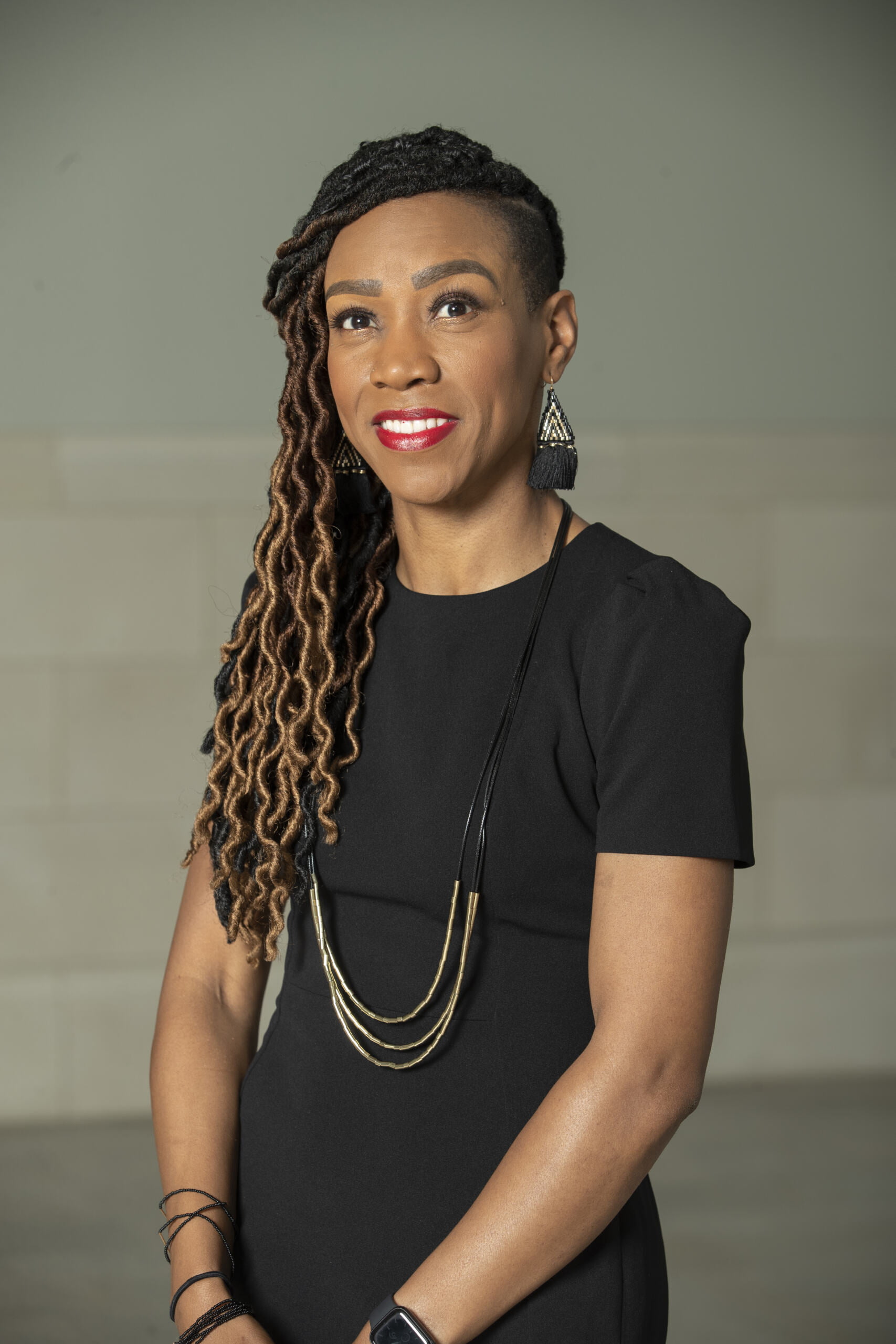I’m not searching for a middle ground, an either/or, both/and solution to race. I don’t believe in compromise when it comes to the matter, for the loss is too great if race remains in our lives. No one will win; no one ever has.
I find nothing of use in the designations of race or its conclusions about people and their respective cultures.
I don’t believe that race can be rehabilitated or redeemed, so I don’t plan to make black beautiful, and I don’t subscribe to black power (or any other color-coded power for that matter).
I don’t have to make a place for it in my life or my convictions. Thus, I seek to eliminate race and while there are those of us who see the task as impossible, I see it as inevitable.
A racial identity, one that is being identified by a social color, is blatantly ridiculous.
Yes, there are those of us who are simply tired of race. We are tired of its poor, self-serving and one-sided interpretations of life, of its interference in our relationships with self, God and neighbor, of the allegiance that is rendered to it generation after generation without assessment of need or an evaluation of productivity.
We are tired of telling this story, of seeing the same old characters and reciting the same lines. Tired of looking at ourselves the same way. We want to see someone differently. We want to see ourselves differently.
We’ve heard it all before, and we’ve seen it all before. And we believe that God is doing a new thing, that God has made us new creatures in Christ (Isaiah 43:19; 2 Corinthians 5:17). Now, if only we are able to perceive it.
Last week, my husband and I were at Princeton Theological Seminary and decided to leave the campus for dinner. We walked down a main strip of the city and looked at menus in search of an entree that would prove both satisfying and delicious.
While walking down the sidewalk, I noticed a black truck pull close to us and then spotted a young dark-haired European American male. He leaned out of the window and began to make animal sounds.
Now, I have heard of persons doing this, and I have seen it depicted in movies about racism, but had never had the pleasure of an experience of such immaturity and, quite frankly, stupidity.
How was I to respond? Was he lost and asking for directions? I’m sorry but I can’t help you. I speak English and a little Spanish. I don’t understand animal noises.
I’m not a big fan of circuses and am not a frequent visitor to the local zoo. Was I to understand this communication and, if so, was I speaking to another animal?
I could believe such if I subscribed to the idea that human beings originated from apes, but my theology does not support such a conclusion.
The incident was over as quickly as it had begun. The driver pulled off, probably disappointed by my response. I looked at him as if to ask, “Are you serious?” and returned to walking down the street.
This type of teasing is a bit outdated in my estimation and should not be used in interactions with persons who have studied the historical origins of race and who hold very firmly to their identity in Christ.
He was attempting to belittle me or to make me feel as if I were this animal. He assumed that I would identify with such an absurd conclusion because of the social reality of race. But, I don’t live there.
Like the animal noises the young man employed, the language of race sounds foreign to me.
I’m not a citizen of that country. I’m not familiar with its customs, and neither do I want to become knowledgeable because the world of race is passing away.
No, I am striving to perceive the new thing that God is doing, the new person that God has created me to be. I don’t need race for my journey, and I am tired of it being offered to me.
Starlette McNeill is the Coordinator for the Center for Ministerial Leadership at the District of Columbia Baptist Convention. This column appeared previously on her blog, The Daily Race.
Director of The Raceless Gospel Initiative, an associate editor, host of the Good Faith Media podcast, “The Raceless Gospel” and author of Take Me to the Water: The Raceless Gospel as Baptismal Pedagogy for a Desegregated Church.

